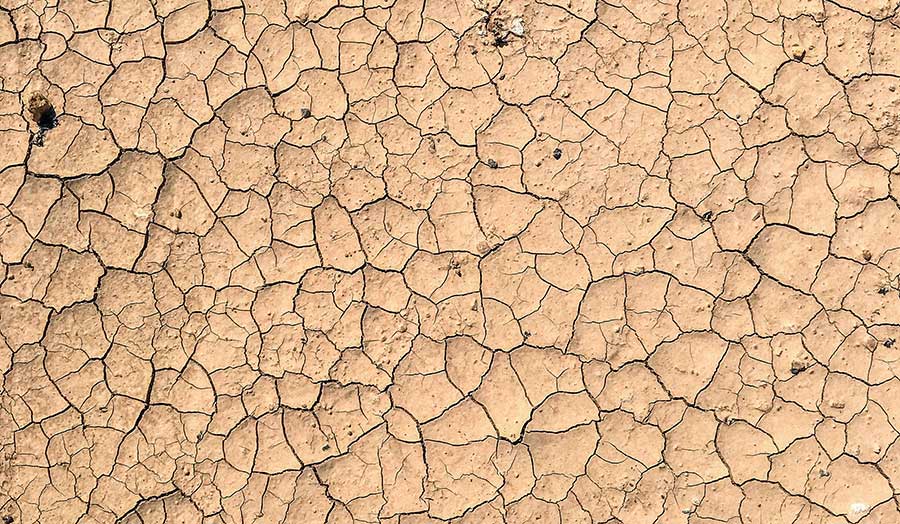19 May 2021
Biomedical science generally considers clay ingestion during pregnancy as a dangerous practice. Along with repeated warnings by the UK Food Standards Authority, Public Health England has adopted a top down approach with midwives and doctors being called upon to discourage pregnant women from clay ingestion. This is not without good reason: scientific evidence suggests persistent exposure to high levels of lead and arsenic in clay can lead to negative health outcomes for the unborn child.
However, evidence suggests that clay ingestion among Africans is considered a culturally embedded practice in response to pregnancy related challenges such as morning sickness, hence women continue to ingest clay. How can this impasse be broken? Is there potential to integrate biomedical science and indigenous knowledge systems in relation to this practice?
And before it is possible to assess whether and if this is possible with further research, what kind of public health interventions do we need in place?
Speaker:
Dr Cath Madziva, Senior Lecturer in Public Health
Chair:
Professor Yolanda Eraso, Director of Centre for Primary Health and Social Care

Photo credit: Santiago Manuel De La Colina via Pexels
